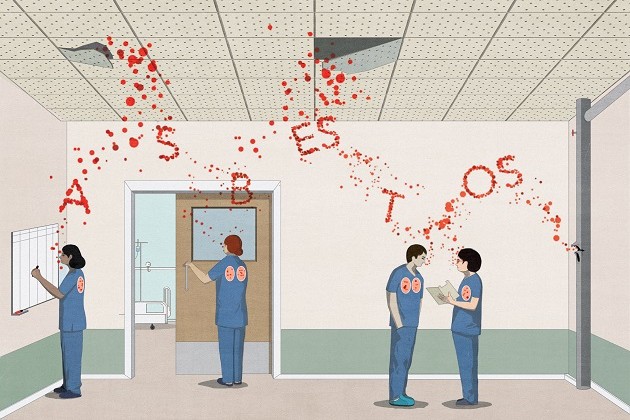The term "corridor care" refers to the practice of providing care to patients or residents in corridors or other non-designated areas due to overwhelming demand and a lack of available resources.
RCN members have told us how concerned they are about this. In the RCN’s recent report, members from across the UK expressed their horror at the unfolding crisis.
One said: "[There's] no bed space for elderly patients, who are in need of all care, being dropped off in the corridor whilst health professionals continue their busy workloads, unable to check their pressure areas without having to move the whole bed into a storage room or temporary curtains around them."
While the issue is often associated with hospitals, its effects are deeply felt within social care, particularly care homes. Corridor care has become a pressing concern, raising questions about its impact on the quality of care, staff wellbeing, and organisational resilience in these settings.
What are the key issues facing care home staff?
Corridor care can lead to long waits for hospital admission, which could mean care home staff are waiting with patients.
- Staff shortages: when staff need to stay with patients who are waiting for urgent hospital treatment, this leaves fewer staff to manage bigger workloads. For homes already operating with limited staff due to recruitment difficulties, sickness or high turnover, this can severely strain operations.
- Resident wellbeing: the absence of a staff member can disrupt the routine and personalised care residents rely on.
- Emotional impact on staff: accompanying residents to hospitals can lead to staff stress, frustration and exhaustion. This is compounded when they return to their care home to find an even greater workload awaiting them. This increases the risk of burnout.
- Financial strain on care homes: in some cases, staff accompany and stay with residents who have to attend hospitals. However, homes are typically not reimbursed for the additional time and resources that are required when corridor care has an impact on the time residents are away from the home. Paying staff for extended hours or hiring temporary workers to cover gaps can strain already tight budgets, particularly in smaller care homes.
What can be done?
Wider systemic solutions are needed, but there are ways to mitigate the impact of corridor care on nursing staff working in social care.
- Invest in staff development: alongside continuing professional development and coaching opportunities, provide training on stress management and crisis response.
- Reduce the risk of burnout: use flexible scheduling and offer mental health support.
- Collaborate with health care providers: building stronger relationships with local hospitals can facilitate quicker admissions and discharges, minimising waiting times.
- Establish protocols for communication: to ensure care continuity for residents during hospital visits.
- Implement technology solutions: telehealth services can reduce the need for hospital visits by allowing residents to receive medical consultations remotely. Digital care management systems can streamline workflows, enabling staff to allocate resources more efficiently.
- Advocate: care homes and industry leaders must advocate for increased funding and better integration between health and social care systems.
- Reform policy: policies that recognise and address the challenges of corridor care are essential for long-term improvements.
What’s the RCN doing about corridor care?
- Find out more about the RCN campaign to end corridor care.








